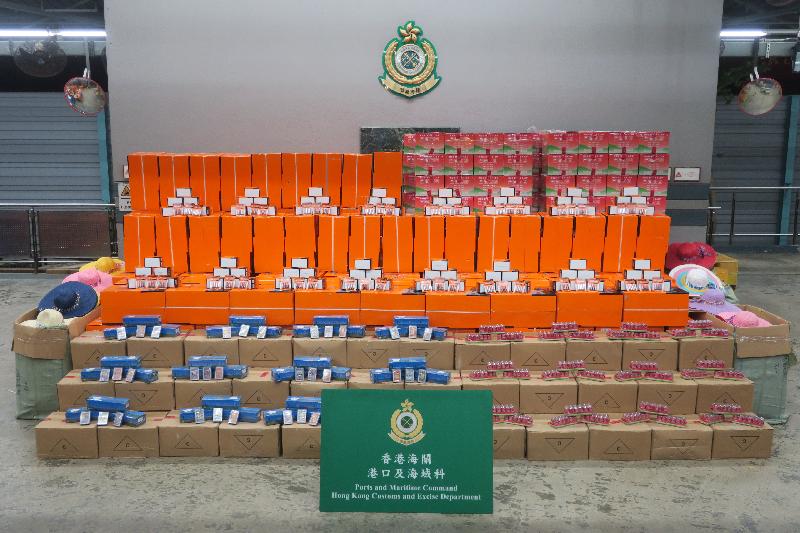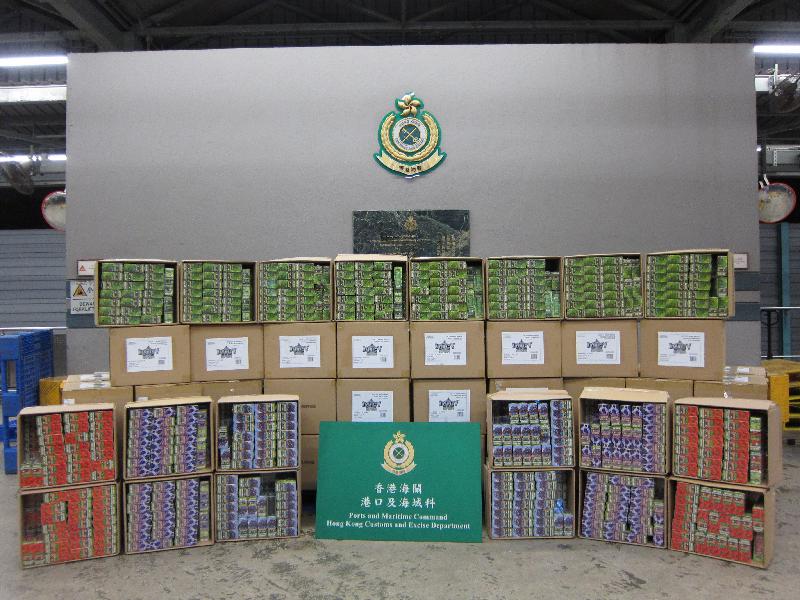The Centre for Health Protection (CHP) of the Department of Health today (November 9) drew the public's attention to a rise of hepatitis A cases recorded by the CHP since October this year, and hence reminded members of the public to stay alert and maintain strict personal, food and environmental hygiene.
According to the latest surveillance data, a total of 12 hepatitis A cases were reported to the CHP in October, which was higher than a range of one to five cases recorded per month from January to September this year. As of yesterday (November 8), two cases have been recorded in November.
The 14 cases recorded from October 1 to yesterday affected eight males and six females with ages ranging from 9 to 54, with a median age of 24.5. While four cases were imported from Pakistan, another three cases also affected Pakistanis (one local case and two cases with place of infection undetermined). The remaining seven cases included five local cases, one imported case from Bangladesh and one case with place of infection undetermined. All cases required hospitalisation and were in a stable condition.
Of note, no imported cases from Pakistan or involving Pakistanis were reported from January to September this year. As of yesterday, the CHP has recorded a total of 44 cases of hepatitis A in 2018. From 2013 to 2017, 44, 46, 138, 98 and 117 cases were recorded respectively.
“Our epidemiological investigations so far have not identified a common food or water source among these cases. There was also no epidemiological linkage identified among them. The CHP's investigations are ongoing. We will continue to closely monitor the situation,” a CHP spokesman said.
“The CHP will update relevant non-governmental organisations of the latest situation of hepatitis A and its preventive measures and seek their support to strengthen health education and promotion among the Pakistani community. The CHP will also arrange broadcasting of related health messages via radio channel to raise their awareness of the risk of contracting hepatitis A.”
The spokesman advised that hepatitis A is endemic in many countries including Pakistan. Hepatitis A vaccine is safe and effective in preventing the infection. The World Health Organization recommends hepatitis A vaccination for high-risk groups, such as travellers to endemic areas, men who have sex with men and chronic liver disease patients.
"Hepatitis A is a liver disease caused by the hepatitis A virus (HAV). It is clinically characterised by fever, malaise, loss of appetite, diarrhoea, nausea, abdominal discomfort and jaundice (yellowing discolouration of the skin and sclera of the eyes, dark urine and pale stool). Adults have signs and symptoms of illness more often than children, and the severity of disease increases in older age groups. Recovery from symptoms following infection may be slow and may take several weeks or months," the spokesman explained.
HAV is transmitted primarily by the faecal-oral route, that is when an uninfected person contacts or ingests objects, food or water that has been contaminated with the faeces of an infected person. HAV can also be transmitted by eating contaminated food (especially shellfish) without thorough cooking and drinking contaminated drinks.
The CHP urged members of the public to take heed of the preventive measures below against hepatitis A:
- Wash hands properly with liquid soap and water before eating or handling food, and after going to the toilet or changing diapers;
- Purchase fresh food from reliable sources. Do not patronise illegal hawkers.
- Drinking water should be from the mains and preferably boiled.
- Cook food thoroughly before consumption. Avoid raw food or undercooked food.
- Clean and wash food thoroughly. Scrub and rinse shellfish in clean water. Remove the viscera if appropriate. All shellfish should be thoroughly cooked before eating.
- Vegetables and fruits to be eaten raw should be cleaned and washed thoroughly with safe drinking water.
- Keep the premises and kitchen utensils clean; and
- Dispose of rubbish properly.
The public may visit the Hepatitis A page of the CHP and its Viral Hepatitis Preventive Service for more information.

